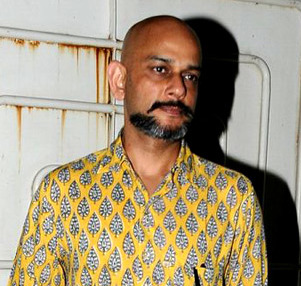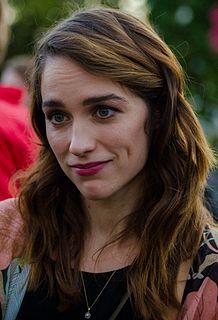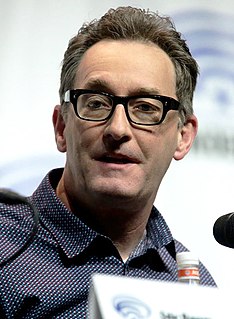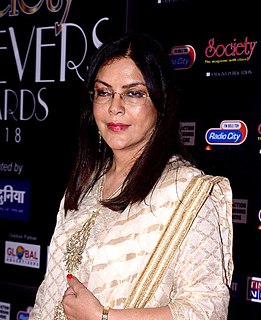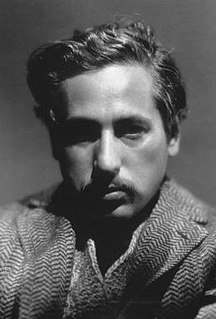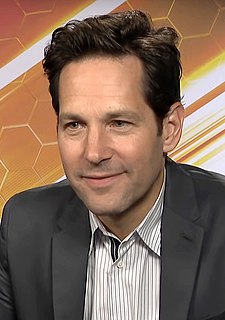A Quote by Vijay Krishna Acharya
I never approach an actor till I have finished the script.
Related Quotes
I have never seen a script that hasn't gone through at least eight different iterations before they even begin filming, and frequently what is filmed is not what's in the script, because things change on the ground. An actor can't say a particular line. An actor will have a brainstorm and ad lib something utterly brilliant.
Movies are great fun and wonderful when they're good. But you never get to see them till six months after they're finished. So you never get a sense of whether they're really well liked or how good they are. And you don't really know what the finished product is going to be like, because it's a director's medium.
'Quantum of Solace' was a bit of a different circumstance than a lot of my other films because you're stepping into a franchise, and also in that particular film, we're dealing with a script from the writer's strike, which was difficult to handle because there was never time to really develop a finished script.
I suppose there was never yet a woman who had not somewhere set up on a pedestal in her brain an ideal of manhood. ... He never is finished till the brain of his creator ceases to work, till she has added her last touch to him, and has laid down the burden of life and gone elsewhere, perhaps to some happy land where ideals are more frequently realised than ever happens here.
Any good movie or script usually, if they're doing their job, gives the highest platform possible for an actor to leap off of, and that script was very high up there. It was a very smart, tight script. There was a lot of improv, as well, once we got to the set, but a lot of the original script was also in there.
When you try to be true to the script, changes occur. A script is there to show us a certain direction. But when you actually have the actors in and you start shooting the movie, you have the actor say a line and it doesn't sound right so you change it and make it different. It's the script that gives birth to these changes and the more you try to stay true to the script, the more that happens.
Every night, I will write until I'm done. Until my eyes are burning and tearing, and I can't see the computer screen anymore, till I finish the script, till I get to the point where I'm happy stopping, till I get everything off my plate, because I hate going to bed with a full plate. It makes me very neurotic.
